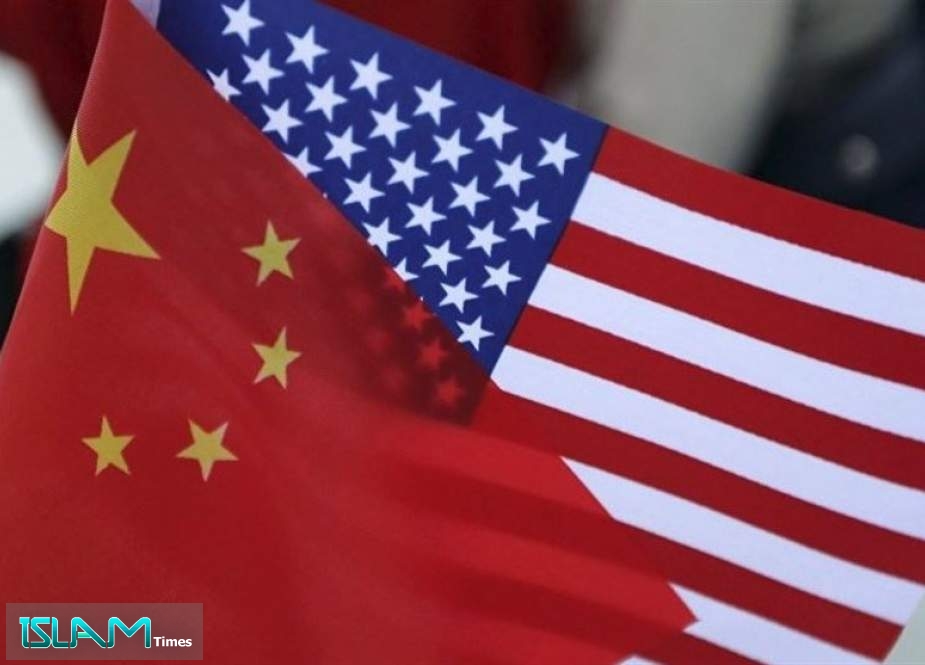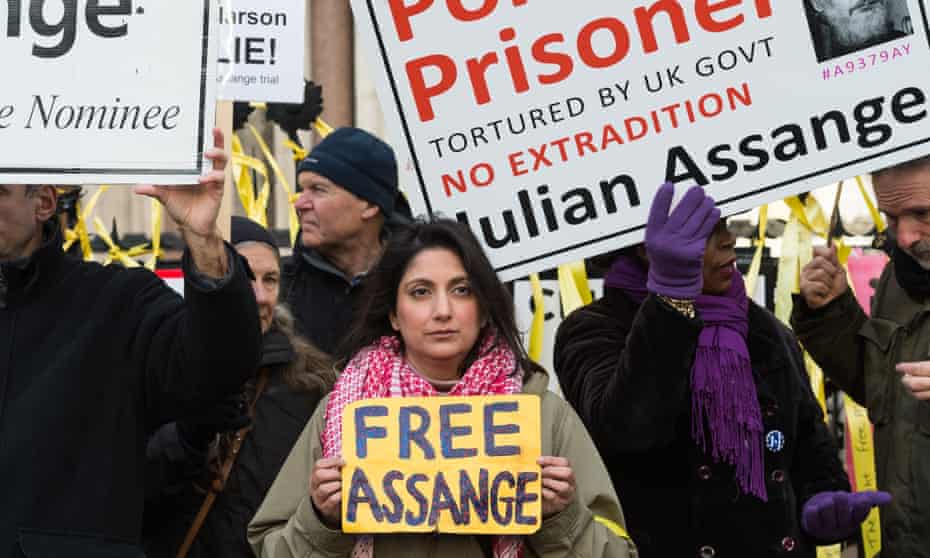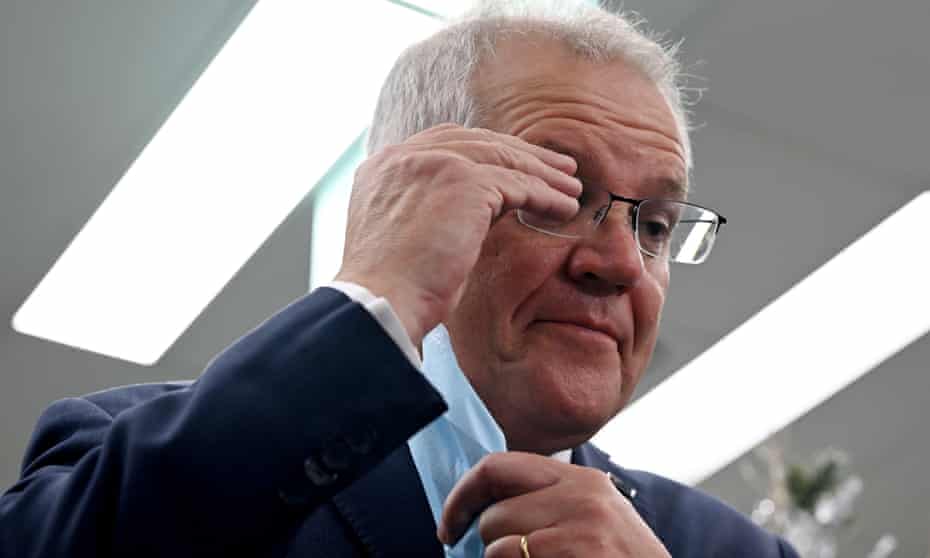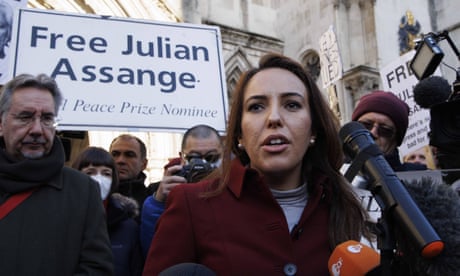FNB sued for R1.2m over cash that vanished in health department scam
Dave Chambers
11 December 2021 - 10:12
FNB tellers allowed cash withdrawals of R1.2m from a single account in two days.
Image: Sunday Times
First National Bank (FNB) faces a court fight after failing to sound the alarm when R1.2m in cash was withdrawn from a bank account in two days.
The money came from the health department, which handed it over for dozens of Leep machines, which are used to prevent cancer by removing abnormal cells from the cervix.
The company contracted to supply the machines in 2019, Bold T-Twin, asked a financier to pay its supplier, Vital Medical Supplies, but the cash quickly disappeared from Vital's FNB account and the machines were never delivered.
When it emerged that Vital did not exist, financier Penquin Airtime sued FNB for the R1,230,500 it lost, saying the withdrawals would not have been possible if the bank had complied with the Financial Intelligence Centre Act (Fica).
“Penquin’s case is that, had FNB properly maintained, monitored and conducted due diligence on the account, taken cognisance of the high volumes and unusual activity on that account as required by Fica ... the withdrawals would not have been made,” said Johannesburg high court acting judge Naseema Adam.
“In addition, Penquin avers that FNB’s employees were negligent in permitting repeated cash withdrawals to take place on the same day in circumstances in which ... they should not have done so.
Adam dismissed FNB's attempt to prevent Penquin's damages claim going ahead, saying the bank's preliminary arguments were without merit.
The alleged scam unfolded in November 2019 when the health department ordered Leep (loop electrosurgical excision procedure) machines from Bold T-Twin. The company ordered them from Vital and agreed to pay R253,000.
Five days later, the health department ordered 100 more Leep machines and Bold agreed to pay another R977,500 to Vital.
Penquin agreed to pay Vital for the machines, and Bold would refund the money when the health department paid its bill. Penquin transferred the money into an FNB account operated by an MM Hoosain, trading as Vital.
When the machines were not delivered, “Penquin discovered that Vital did not exist and that it had defrauded Bold”, said Adam's judgment on December 4.
“Penquin's bankers (Standard Bank) informed FNB of the fact that Vital had perpetrated a fraud against Bold.”
Before Penquin made the payments, Hoosain's account contained R50. “On November 23 2019, after the first payment of R253,000 had been made, R240,000 was withdrawn (in various tranches) from the Hoosain account in cash from FNB's tellers at two branches,” said Adam.
“On November 27 2019, after the second payment of R977,500 had been made, R940,000 was withdrawn (in various tranches) from FNB's tellers at various other branches.”
TimesLIVE
















